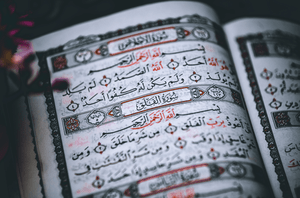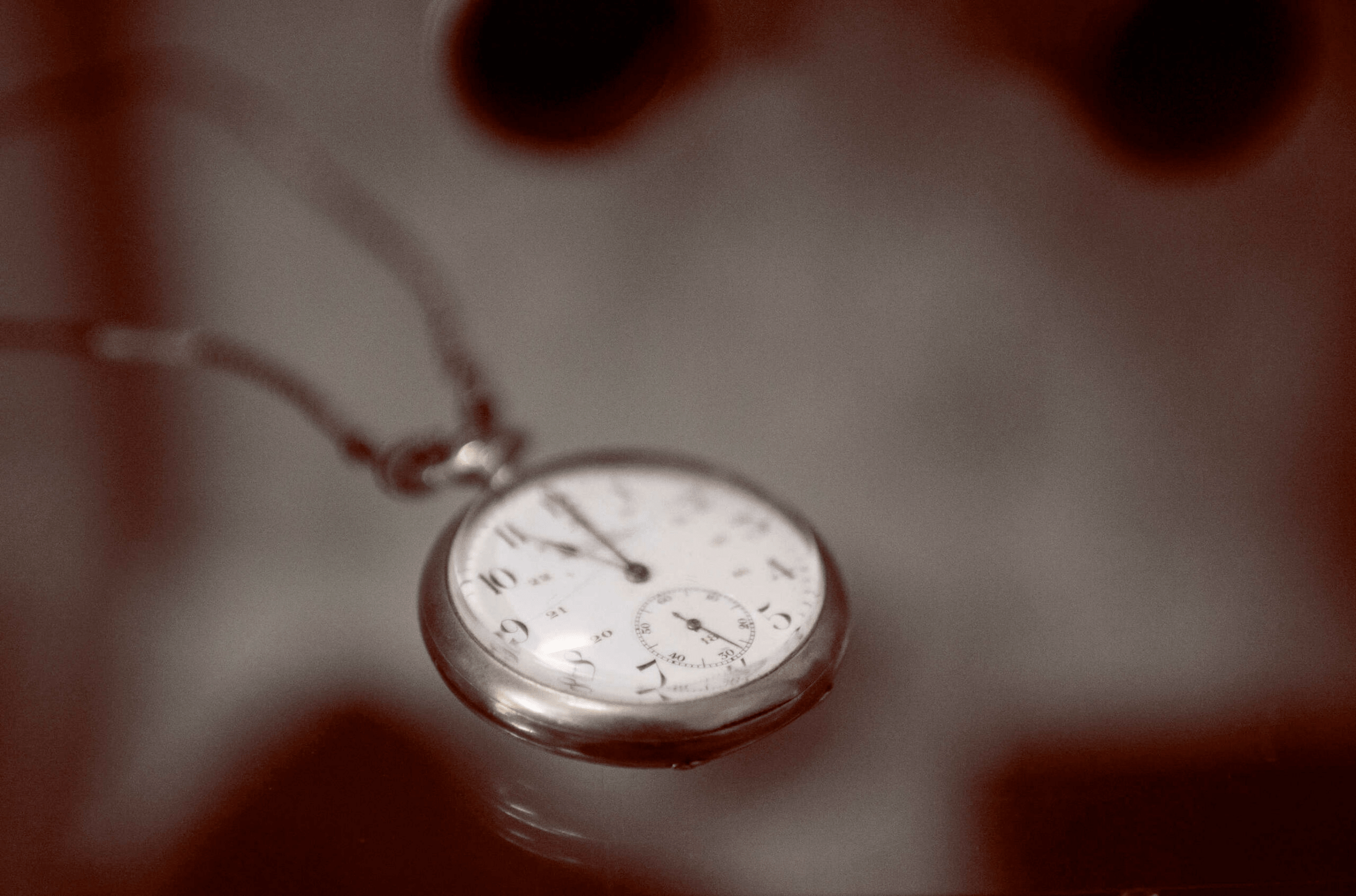There are many different ways and words one can use to seek forgiveness from Allah. The best manner, however, is to seek forgiveness with the following du‘ā’:
اَللّٰهُمَّ أَنْتَ رَبِّيْ لَا إِلٰهَ إِلَّا أَنْتَ ، خَلَقْتَنِيْ وَأَنَا عَبْدُكَ ، وَأَنَا عَلَىٰ عَهْدِكَ وَوَعْدِكَ مَا اسْتَطَعْتُ ، أَعُوْذُ بِكَ مِنْ شَرِّ مَا صَنَعْتُ ، أَبُوْءُ لَكَ بِنِعْمَتِكَ عَلَيَّ وَأَبُوْءُ لَكَ بِذَنْبِيْ ، فَاغْفِرْ لِيْ فَإِنَّهُ لَا يَغْفِرُ الذُّنُوْبَ إِلَّا أَنْتَ
O Allah, You are my Lord. There is no god worthy of worship except You. You have created me, and I am Your slave, and I am under Your covenant and pledge (to fulfil it) to the best of my ability. I seek Your protection from the evil that I have done. I acknowledge the favours that You have bestowed upon me, and I admit my sins. Forgive me, for none forgives sins but You.
Shaddād b. Aws (raḍiy Allāhu ʿanhu) narrates that the Messenger of Allah ﷺ said: “The most superior manner of seeking forgiveness is that you say [the above]. Whoever says it during the day with firm belief in it and dies on the same day before the evening, he will be from the people of Paradise. And whoever says it during the night with firm belief in it and dies before the morning, he will be from the people of Paradise.” (Bukhārī 6306)
Brief Commentary
• We are asking the Almighty by His Greatest Name (according to many scholars): the name “Allah” itself which means the One who is adored and worshipped.
• We are asking Him through (also known as tawassul in Arabic) His Oneness and His Lordship: He is our Sole Master, the One who created us, provides for us and manages our affairs.
• To further reiterate Allah’s Lordship over us, we remind ourselves that He is the one who created us, so we are His slaves and must worship Him as He commands. Thus, we acknowledge our servitude to Him.
• After acknowledging Allah’s superiority over us, we move on to how we are supposed to interact with Him: trying to fulfil our pledge to Him.
• Our “pledge” to Allah is the pledge we made when we were taken out from the back of Ādam (ʿalayhis-salām) as Allah mentions in the Qur’ān, “And when your Lord took out the offspring from the loins of the Children of Ādam and made them bear witness about themselves, He said, ‘Am I not your Lord?’ and they replied, ‘Yes, we bear witness’ (7:172).
• Allah’s “covenant” to us is the one mentioned in the ḥadīth narrated by Muʿādh b. Jabal (raḍiy Allāhu ʿanhu), which is that Allah will not punish the person who does not associate any partners with Him (Bukhārī 7373).
• By highlighting that we will keep our pledge “to the best of my ability”, we acknowledge our weakness and shortcomings towards Allah, as we will never be able to worship Him and thank Him as He truly deserves.
• We seek refuge in Allah from the evil of our actions as they could lead us to be punished. Similarly, we seek protection from further misguidance, as the punishment of a sin is to be deprived from doing good deeds.
• By acknowledging Allah’s blessings over us, we feel more shame to disobey Him.
• Ibn al-Qayyim (raḥimahullāh) beautifully explains this part of the du‘ā’: “The words “I acknowledge the favours that You have bestowed upon me and I admit my sins” combine the recognition of divine favours with the awareness of the defects of the human soul and its deeds.
The perception of Allah’s favours leads one to love, praise and thank Him. The awareness of the soul’s defects leads one to be humble, need Allah and turn to Him in repentance at every moment.
Thus, the ‘ārif (one who has attained Allah’s recognition) journeys towards Him on these two wings: awareness of his own faults and recognition of his Lord’s grace. He cannot journey without them, and if he loses one, he would be like a bird that has lost a wing.”
• All of what was mentioned so far in this duʿā’ is just a preparation for the last part, which is to ask Allah for forgiveness.
• We end this duʿā’ by saying, “Forgive me, for none forgives sins but You.” The Prophet ﷺ said, “Your Lord, Most High, is pleased with His servant when he says: “Forgive me my sins.” He knows that no one forgives sins except Him” (Abū Dāwūd).
Action Points & Benefits
• Though this duʿā’ is to ask Allah for forgiveness, we only do so at the end. Thus, we learn that the best way of seeking forgiveness is not to immediately ask for it, but to precede it with the following:
- Acknowledging Allah’s greatness and that He alone deserves to be worshipped.
- Acknowledging the pledge we made to Allah, which is to take Him as our Lord.
- Having hope in the promise of Allah (i.e. the promise of admitting us into Paradise if we do not associate partners with Him).
- Seeking refuge in Allah from the evil of our sins.
- Acknowledging Allah’s blessings over us.
- Acknowledging our shortcomings towards Allah (i.e. our sins and our inability to perfect acts of worship).
• This duʿā’ teaches us the adab of seeking forgiveness and how to approach Allah with the true humility of a servant.
• It also teaches us the mindset of a believer and in a few words, reminds us about the bond between servant and Master.
• It reminds us who Allah is and who we are; how weak we are and how Powerful He is.
• When read daily, in the morning and in the evening, it gives us a chance to reaffirm our tawḥīd to Him and be purified from our endless sins inshā’Allah.
• It is no surprise that the Prophet ﷺ said that whoever says this with certainty will enter Paradise. This is because whoever says it with certainty is someone who sincerely repents to Allah; and sincere repentance guarantees Paradise.
• If we gain the habit of reciting this duʿā’ every day, inshallah we hope that whenever we die, we will be admitted into Paradise.
• The Prophet ﷺ said, “Whoever says it during the day with firm belief in it…” Reciting these adhkār with firm belief and conviction (yaqīn) requires us to know what they mean. This is why we should learn the meaning of the adhkār and reflect on it, so that we can increase in our conviction and attain the full reward.







